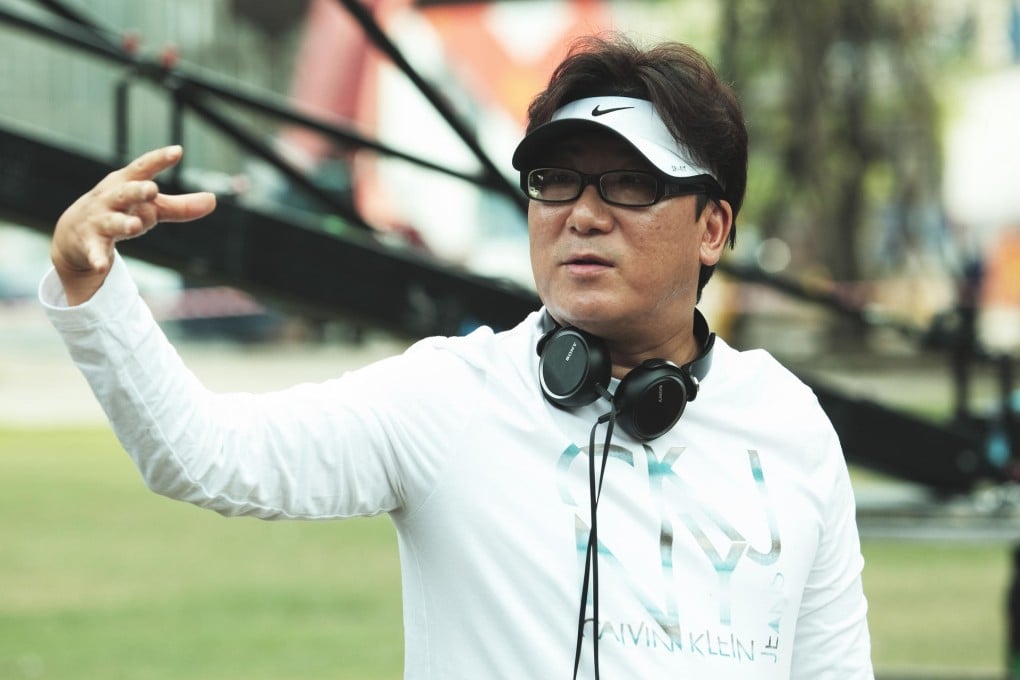A Korean Forrest Gump: Ode to My Father recalls sentimentality of hit US film
When the Korean filmmaker Yoon Je-kyoon first came up with the idea for Ode to My Father he only had one purpose in mind: to pay tribute to his late father to whom he still felt deeply indebted. But since its December release in South Korea, the family melodrama had drawn more than 14 million viewers in local cinemas.

When the Korean filmmaker Yoon Je-kyoon first came up with the idea for Ode to My Father he only had one purpose in mind: to pay tribute to his late father to whom he still felt deeply indebted.
But since its December release in South Korea, the family melodrama had drawn more than 14 million viewers in local cinemas. It is now the second-most-attended title in his country's box office history - behind only the historical biopic Roaring Currents (2014).
Although Yoon is no stranger to blockbusters - his tsunami film Haeundae (2009) was a hit both locally and abroad - Ode to My Father was still a surprise box office success, given its personal nature.
"The reason I made this film could be traced back to autumn 2004, when my son was born. I was reminded of my father, who died when I was in the second year of university," says Yoon. He was recently in Macau to represent his film at the Asian Film Awards, where it was a best picture nominee (the film lost out to Chinese director Lou Ye's Blind Massage for the award).
"When I thought about it, he had spent his whole life holding the family together. He was an ordinary father - an office worker - who, unfortunately, died from cancer, and it made me sad to think that I'd never properly expressed my gratitude. I made this movie as a tribute to him."
Yoon named its protagonists after his own father and mother, Duk-soo (played by Hwang Jung-min) and Youngja (Kim Yunjin). "My father's personality is quite similar to that of Hwang's character," he says. "He was often poker-faced and always mumbling."